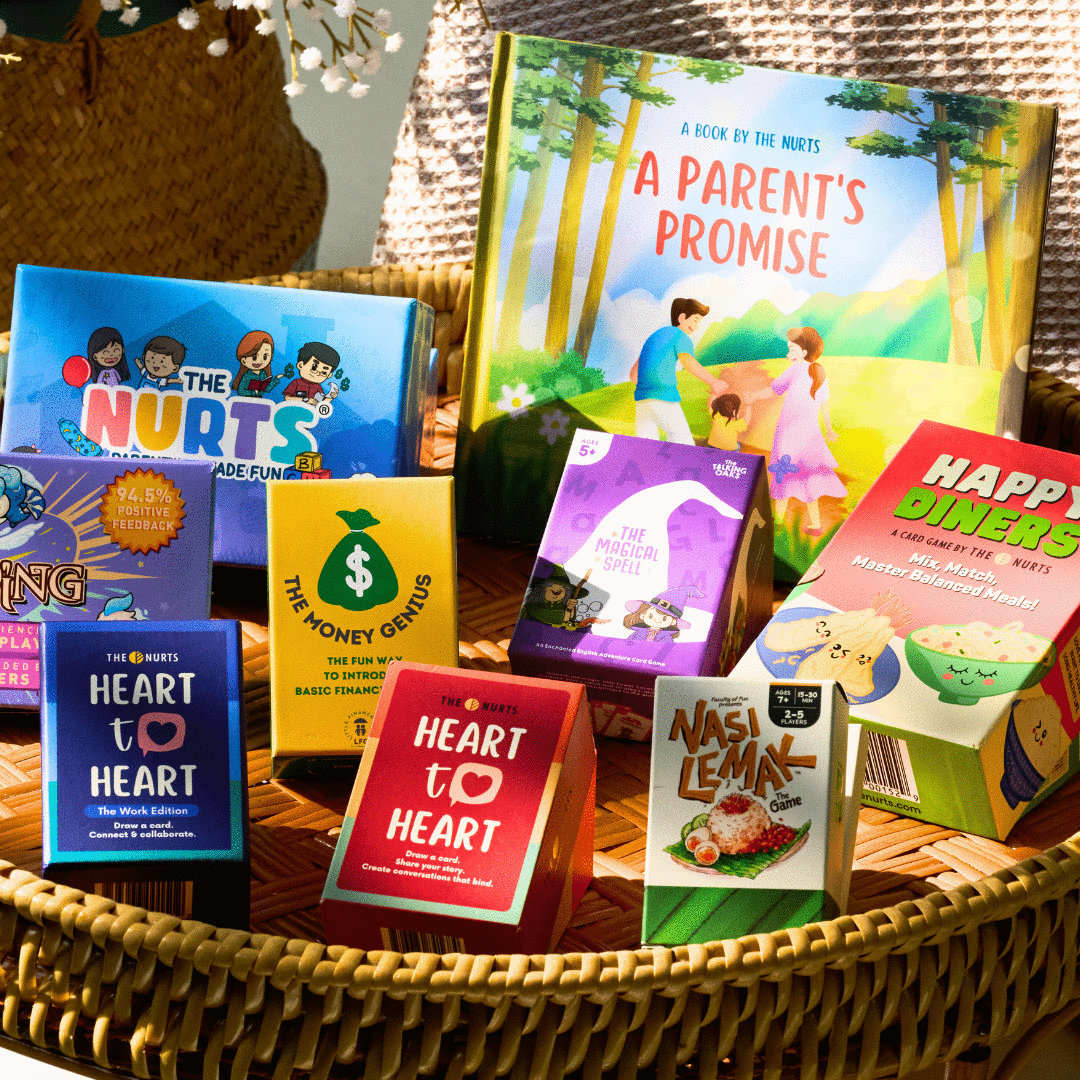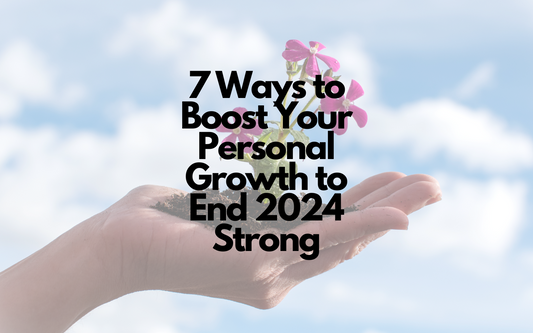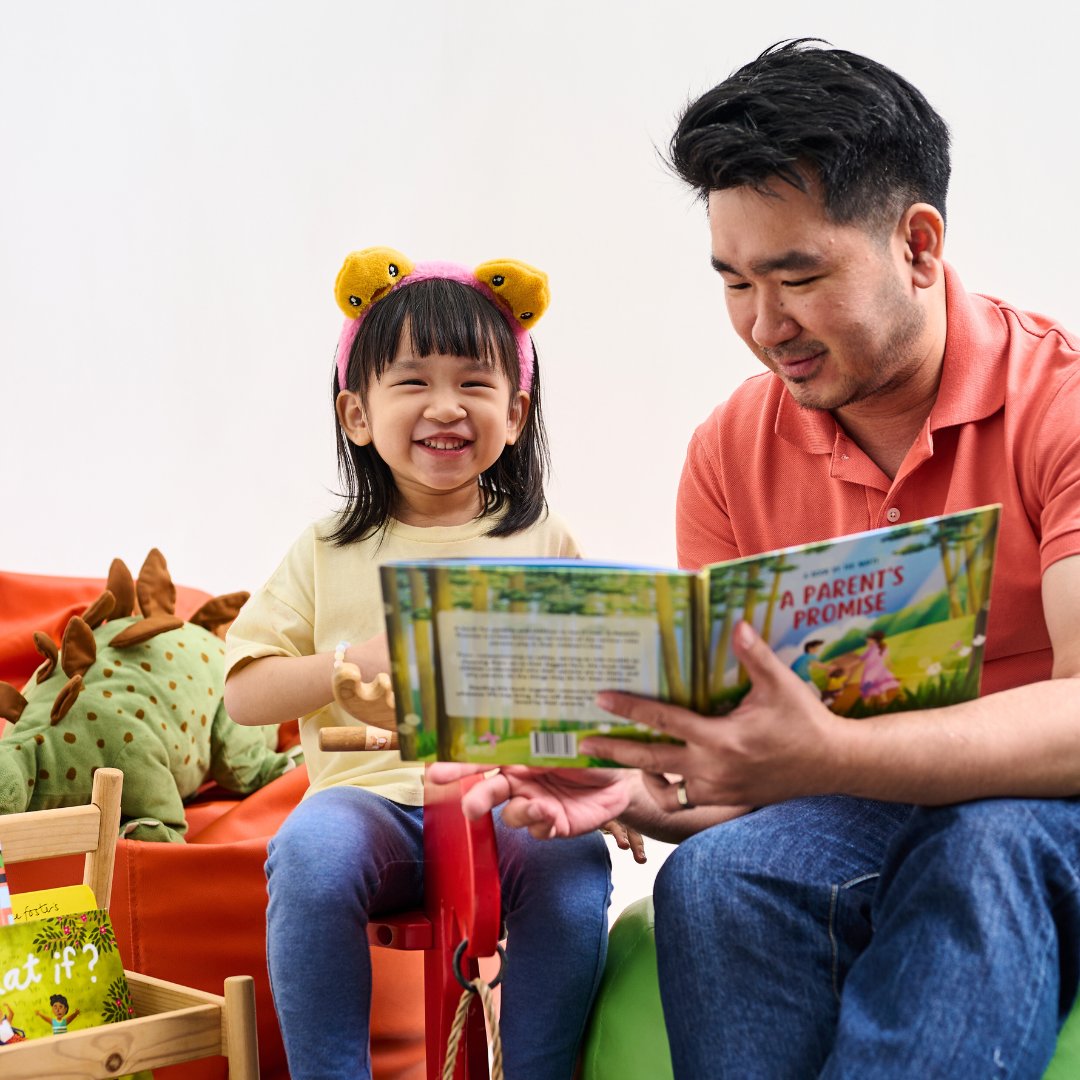Empathy is the ability to understand, feel, or share others’ feelings. It is crucial for the socio-emotional development of all human beings. Since empathy is a skill, it can be nurtured in children in several ways:
1. Emotional attunement
Emotional attunement allows you to empathize and understand your child’s emotions by modeling your child’s behavior intentionally and appropriately. For example, if your child is feeling sad or upset, you can convey emotional attunement by using exaggerated and partially imitative facial expressions, body language, and nonverbal cues that match the child’s emotional state. By doing this, your children feel heard, understood and validated.
2. Encourage perspective-taking
Encourage children to put themselves in other people's shoes and imagine how they would feel in a particular situation. For example, you can show them a picture of a girl crying because her ice cream fell on the floor and ask questions like “what happened” and “how do you feel”.
Children will likely relate to the situation and understand the emotions of the girl in the picture. This can help children to develop a more nuanced understanding of others' experiences and perspectives, and to respond with empathy and kindness in a variety of social situations.
3. Teach emotional regulation
Emotional regulation refers to the ability to identify and manage one's emotions effectively which can have a significant impact on how children interact with others.
Children who have the ability to control their big emotions are more likely to empathize with others emotions. Emotional regulated children are less likely to lash out on others and can respond with thoughtfulness and kindness in a difficult situation.
4. Volunteer
Encouraging children to take part in volunteering activities at an animal shelter or nursing home can teach them to help others in need. By interacting with animals or elderly residents, children may develop a greater understanding of the challenges faced by vulnerable members of their communities. This makes them aware that their actions can make a positive difference in other's lives, thus developing a sense of social responsibility and a desire to contribute to their communities.
5. Set boundaries
While it's important to cultivate kindness and empathy towards others, it is also important to remember to be empathetic and kind with ourselves. While one child can understand why their friend is upset and hitting them, it is needed for a child to have self-awareness. By using the 'l' messages, children can express themselves without reflecting on contacts. 'I don't like it when you hit me. It hurts.'
In the end, a child cannot develop empathy if they have never experienced it. We need to show our empathy for kids, too. Nothing can replace a nurturing parent when it comes to showing empathy and kindness.
Visit our blog for your dose of nurture! As children develop empathy, they become better equipped to navigate social situations, form positive relationships with others, and respond compassionately to those in need.
References:
- https://www.moshikids.com/articles/when-do-kids-develop-empathy/
- https://www.zerotothree.org/resource/how-to-help-your-child-develop-empathy/
- https://psychcentral.com/lib/how-children-develop-empathy#2
- https://mcc.gse.harvard.edu/resources-for-families/5-tips-cultivating-empathy#:~:text=Children%20learn%20empathy%20both%20from,building%20their%20empathy%20for%20others







